In the months before the outbreak of the first world war, Anton Heideck arrives in Vienna. Family life offered him the prospect of a job in his father’s meat factory, but he goes to the big city to start a career as a writer. What he finds is Delphine. They fall in love, move into a flat, then a house in the countryside outside Vienna; but when war breaks out the fragility of their happiness is brutally exposed.
Already a subscriber? Log in
Subscribe for just $2 a week
Try a month of The Spectator Australia absolutely free and without commitment. Not only that but – if you choose to continue – you’ll pay just $2 a week for your first year.
- Unlimited access to spectator.com.au and app
- The weekly edition on the Spectator Australia app
- Spectator podcasts and newsletters
- Full access to spectator.co.uk
Or
Unlock this article
You might disagree with half of it, but you’ll enjoy reading all of it. Try your first month for free, then just $2 a week for the remainder of your first year.

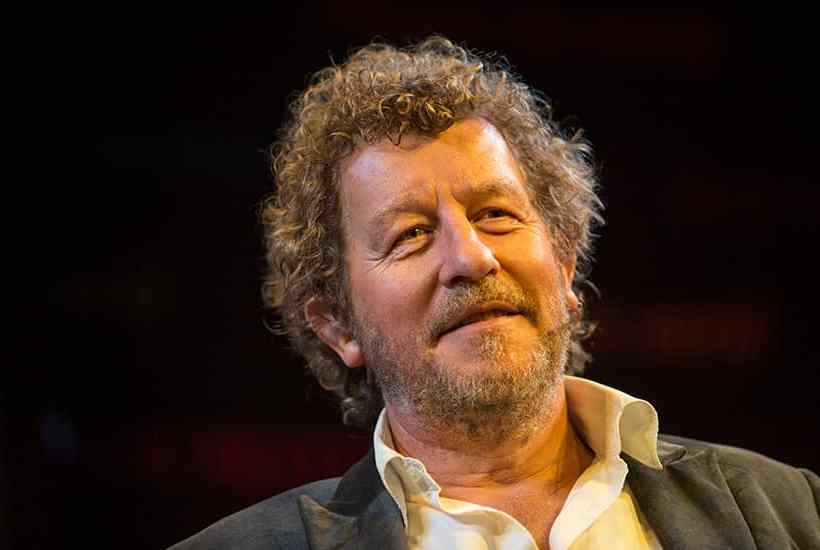

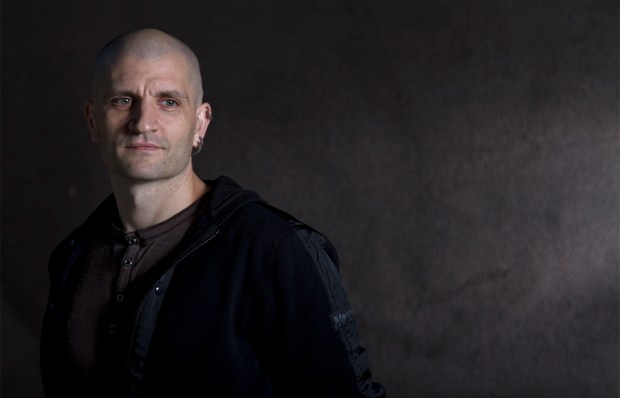
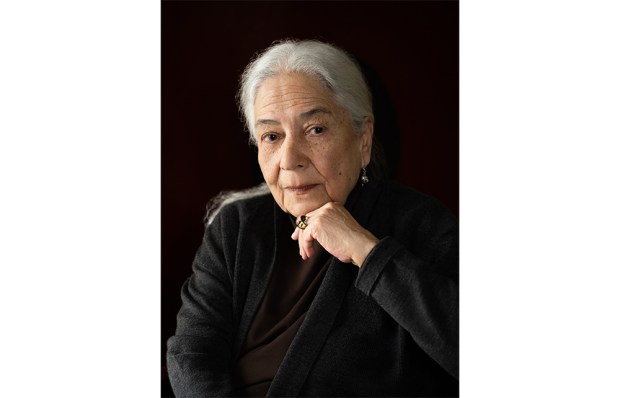
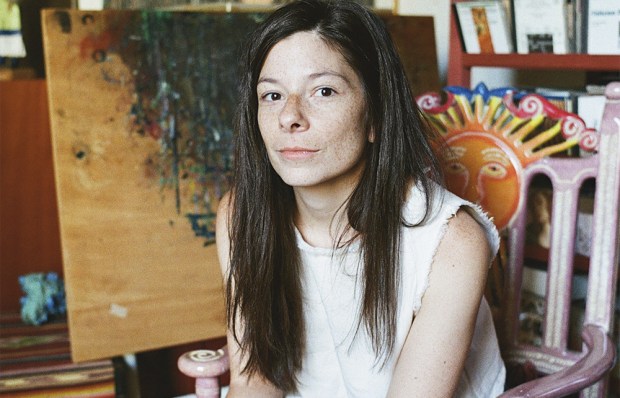

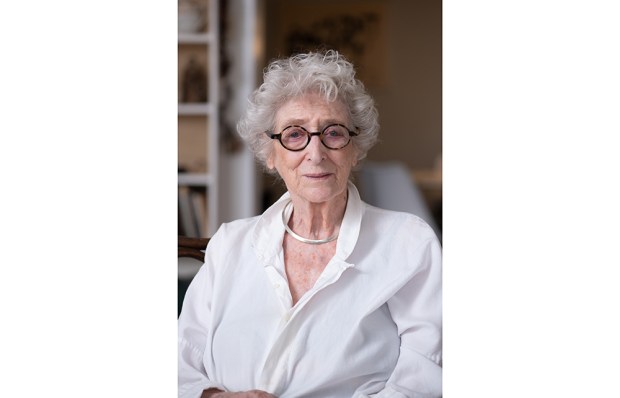






Comments
Don't miss out
Join the conversation with other Spectator Australia readers. Subscribe to leave a comment.
SUBSCRIBEAlready a subscriber? Log in